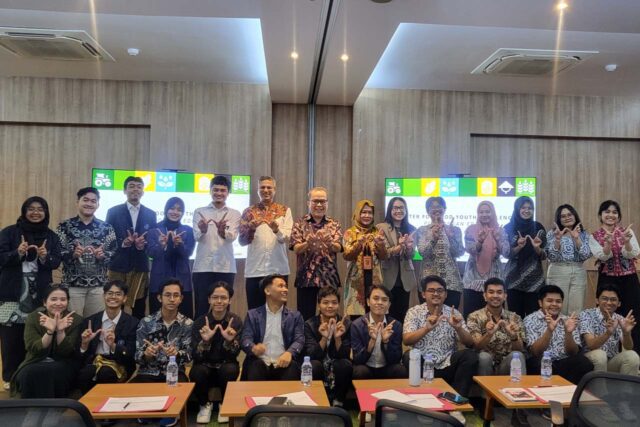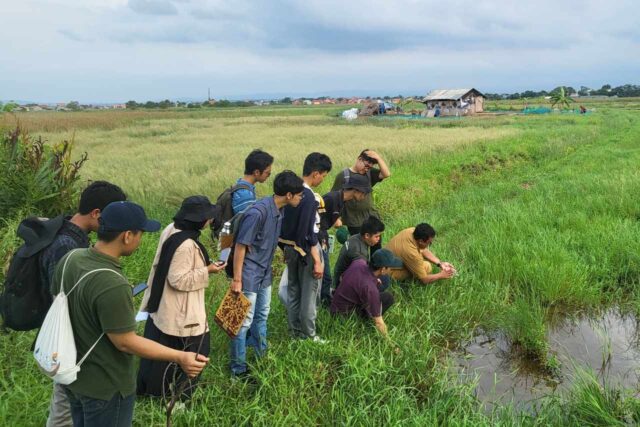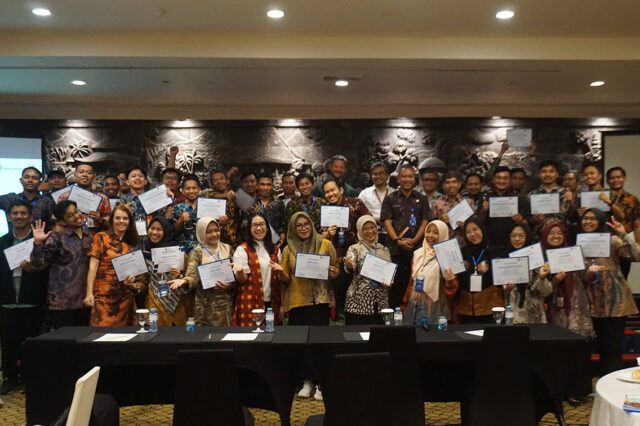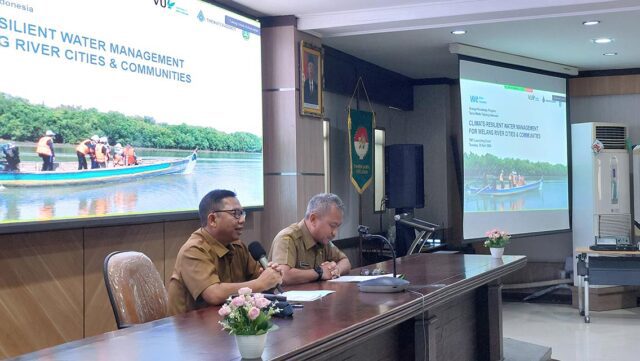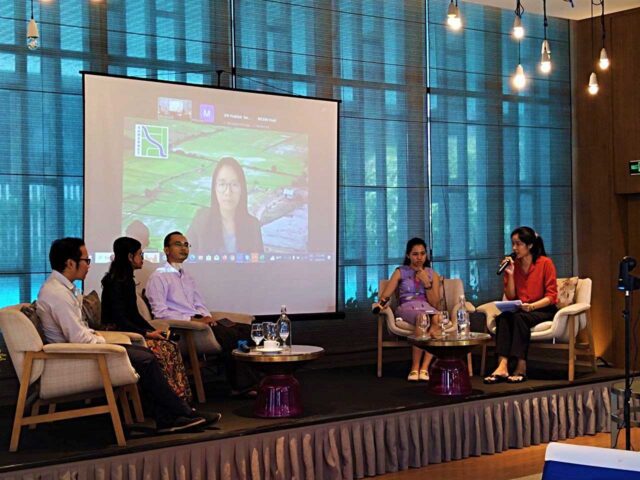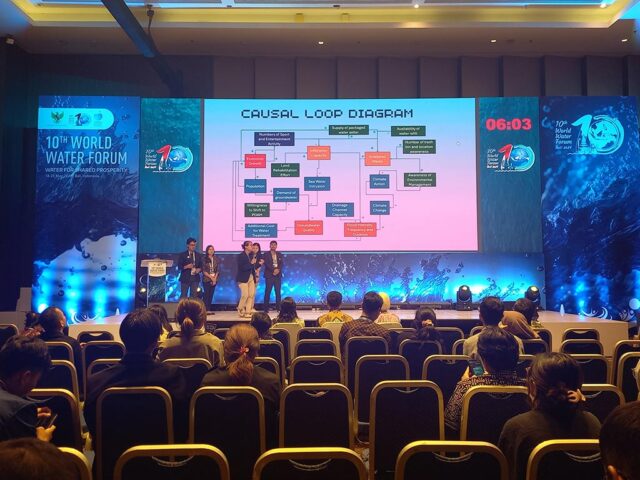UNESCO Water Resilience Challenge 2022 is a capacity-building program that challenges and inspires the next future leaders, especially students and young professionals from various backgrounds, to contribute ideas and concepts for their version of sustainable water management in biosphere reserve areas. This year marks the second year of the UNESCO Water Resilience Challenge with the theme of Groundwater.
Fifty selected participants from Indonesia and Vietnam will be put into teams, exchanging knowledge, mentored by professionals, and challenged to make the invisible visible! One winning team from each country then invited to present their ideas at UNESCO Regional Science Meeting named Strengthening Collaboration among Science Networks in Asia and the Pacific (SCAN-AP) Meeting.
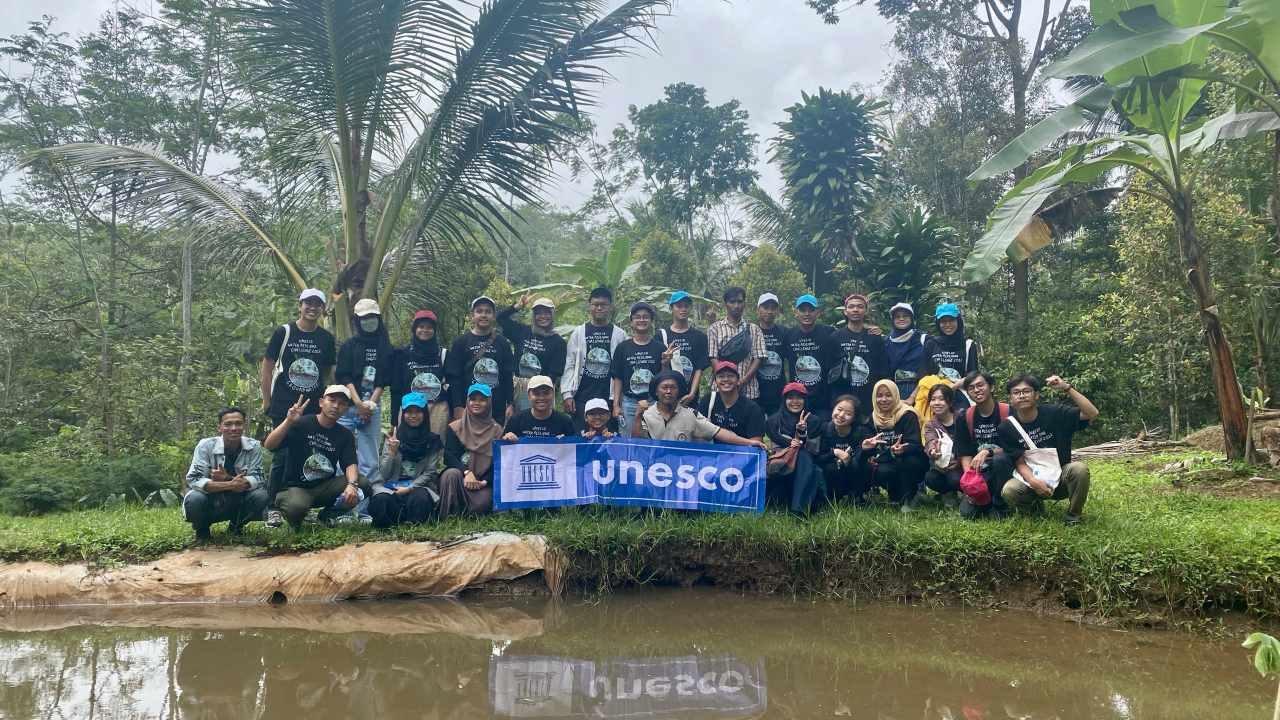
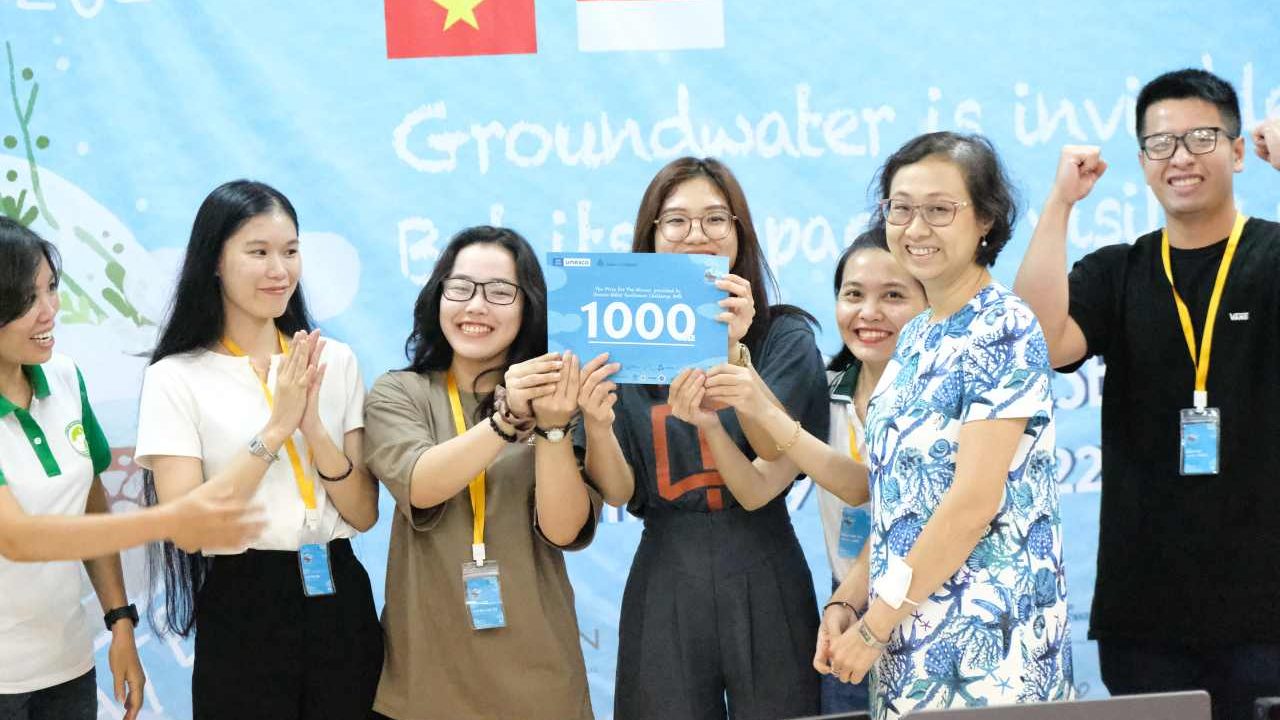
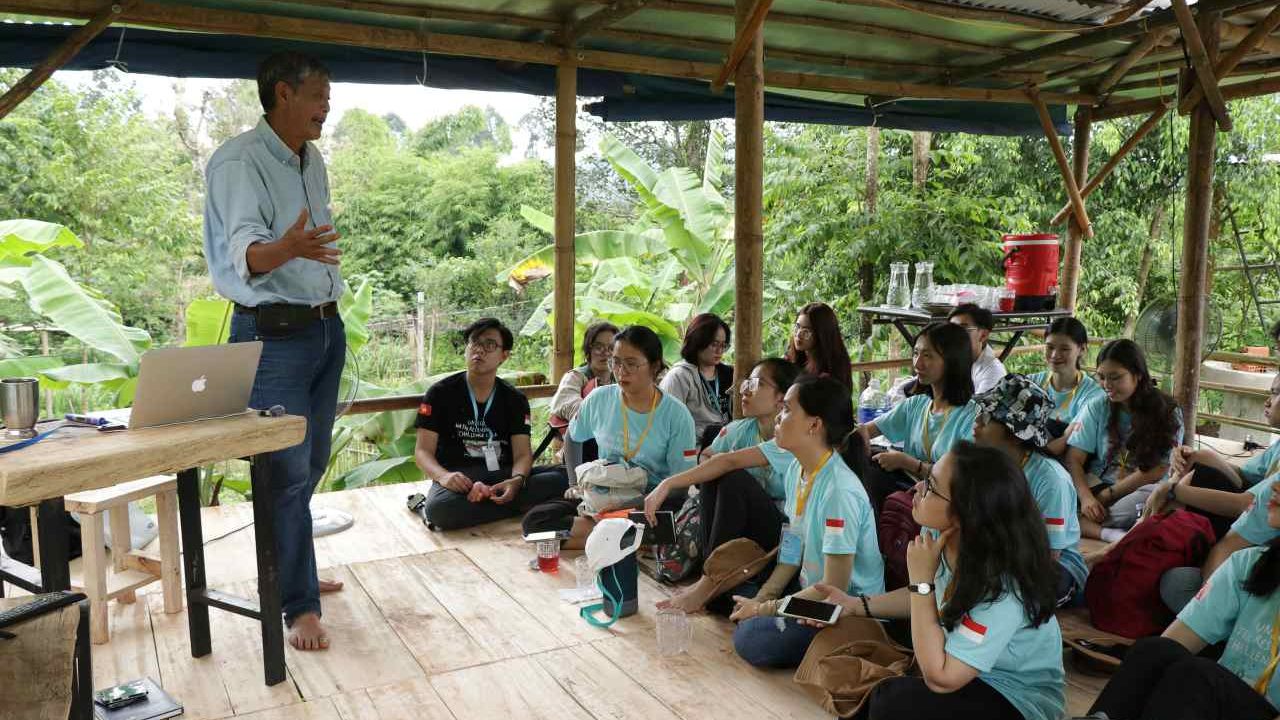
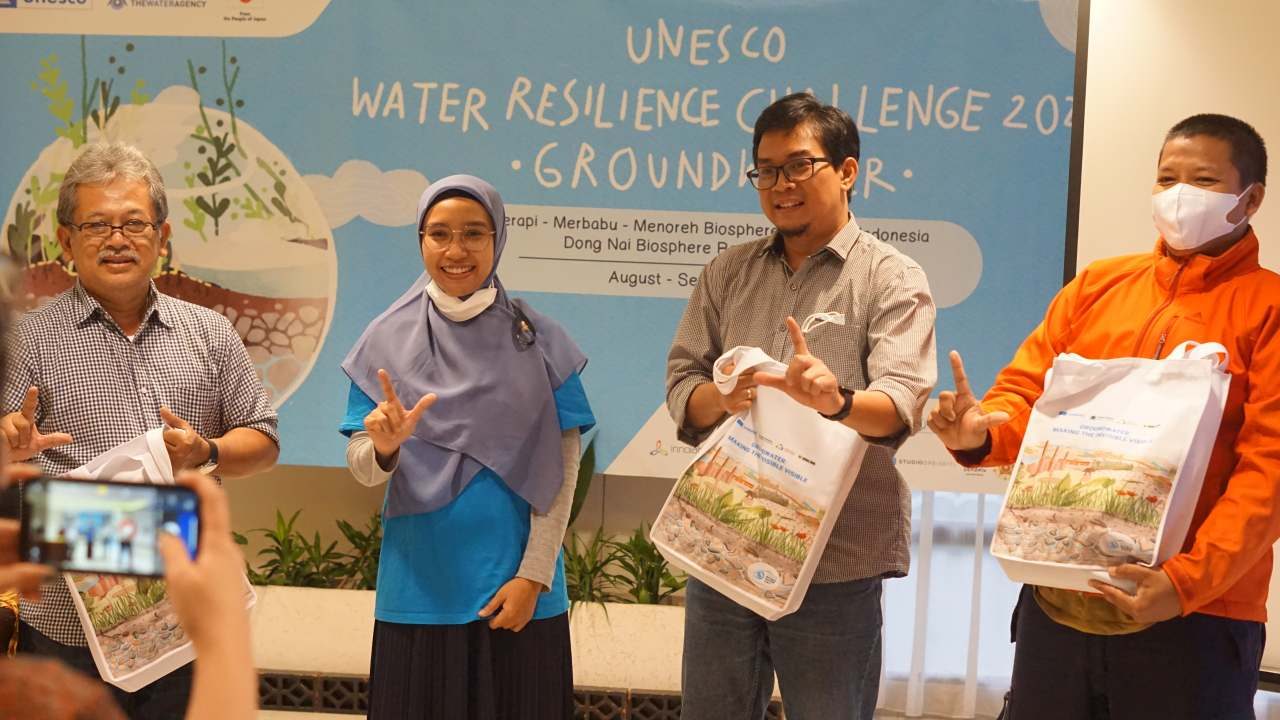
Phase I: Identify and solve the problems through online activities
Mixed issues from technical to social are present in both areas. Water spring contamination, the needs for water availability, and natural habitat protection are only some of the problems contributing to the district’s water availability and accessibility. Throughout the workshops, mentoring programs, knowledge exchange, virtual site visit, and teamwork, the participants are expected to highlight the issues and raise awareness to actualize the sustainable future.
Phase 2: Experience the issues through site visit
Teams were invited to experience the beauty of Dong Nai Biosphere Reserve and Merapi-Merbabu-Menoreh Biosphere Reserve, most notably to interact with locals around the sites to understand the underlying issue.
Making stops from one site to another, the teams were warmly welcomed by the communities living there, who were also as passionate as our young leaders in discussing water issues and brainstorming what could be done. Water is central to their lives; its importance is regularly celebrated by traditional ceremonies and practices.
From Merapi-Merbabu-Menoreh Biosphere Reserve, participants learned about the uneven water distribution and how that led to several households utilizing groundwater for daily use. In another village, tourism activities have triggered movement from the local community, namely Kelompok Hutan Tani (KTH) Wanapaksi Jatimulyo, to educate and raise awareness through stakeholders and community engagement. All so the natural beauty of Menoreh can be preserved, and the bird biodiversity can thrive.
A bit unique in Dong Nai Biosphere Reserve, the area is covered by rainforest, so it protects the water source for Dong Nai province. However, in recent years, there has been a lot of large-scale agricultural production that affected the quality of groundwater. Therefore, participants are challenged to think outside the box about how to conserve the groundwater, and at the same time preserve the biosphere reserve.
The final phase
Weeks of learning and site visit were to prepare the teams for the Final Presentation. Stages had been decorated for the teams to come up and share their version on making the invisible, visible. To promote the knowledge exchange between countries, the presentation was done in live hybrid mode: Vietnamese participants from Dong Nai and Indonesian participants from Yogyakarta.
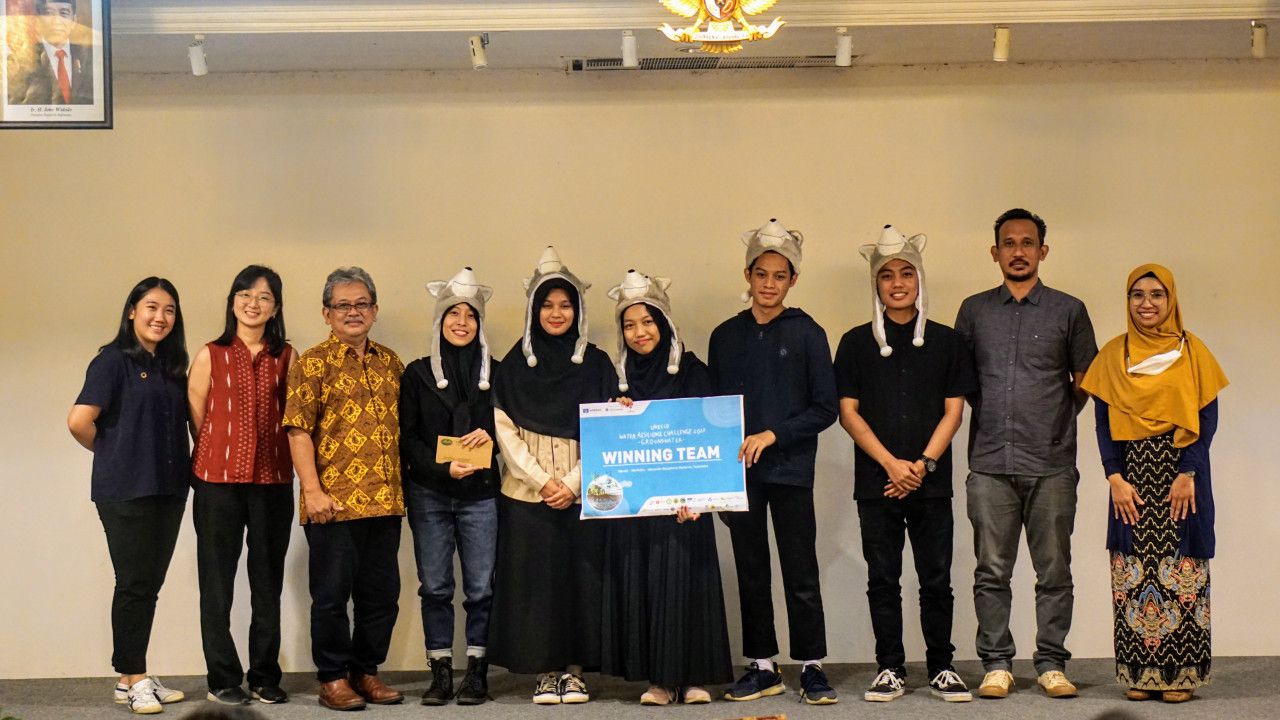
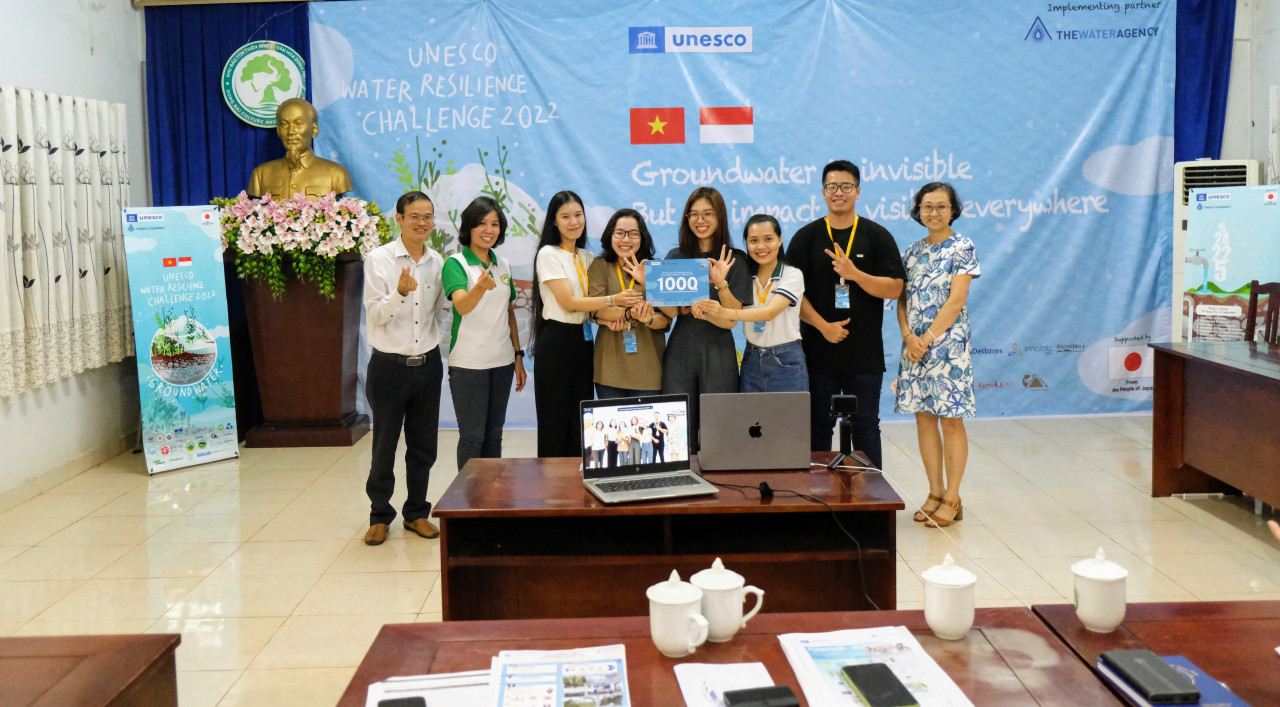
Read more: Introduction to UNESCO Water Resilience Challenge 2022 Young Water Leaders
Youth creativity flowed through the five minutes pitch by each team: they came up with their own costumes, strategy, and style! Though their ways to get the message out is fun to watch, their solutions were serious to consider. Congratulations for the winning teams: Alpha team from Indonesia and Aquam1an team from Vietnam! All teams did their very best given the limited time and has swept everyone’s attention on their potential.
The End
Youth engagement has become more and more important to bring up water issues to a wider audience, and to prepare the next leaders early on. Giving a platform for them to be educated, proving a safe space to learn and discuss, and challenging them to tackle the issue would create a more conscious youth network, who one day will lead their countries through their work.
This Challenge highlights and proves that solving groundwater issue does need a collaboration with different expertise, from engineers, planners, architects, local communities, to government and other entities. UNESCO Water Resilience Challenge is an example of collaboration that can be done on the ground to build local capacity to solve the groundwater issue. Groundwater may not be visible to us, but the impacts are visible. It supports the lives of so many people in the world.
Therefore, The Water Agency, from both Indonesia and Vietnam, would like to appreciate the following organizations and people as the completion of this Challenge. First and foremost, the UNESCO Jakarta and UNESCO Vietnam are the great partner to collaborate on a youth engagement program on one of the Biosphere Reserves Sites. Many thanks to our partners and experts: Mohamed Djelid as The Director of UNESCO Jakarta Office; Adhe Lignita Wulandari from UNESCO Jakarta, together with Maulana Rizki from UNESCO Jakarta; Mr. Tran Lan Huong from UNESCO Vietnam; Sabina Khatri from UNESCO Groundwater Youth Network (GWYN); Prof. Purwanto, as Chair of Man and The Biosphere (MAB) Indonesia, along with Dr. Hari Nugroho from MAB Indonesia; Vu Thuc from MAB Vietnam; Arif Rudiyanto from Yayasan Kanopi Indonesia; Tri Atmojo from Balai Taman Nasional Gunung Merapi; Kristina Dewi from Balai Taman Nasional Gunung Merbabu; and Michael Yanu from Dinas PUP-ESDM, Special Region of Yogyakarta.
The gratitude is also sent to all mentors: Gibran Tragari and Feby Hendola from Sendalu Permaculture; Wika Ristya from Royal HaskoningDHV; Tri Mulyani Sunarharum from Universitas Gadjah Mada; Marsha Himawan and Putu Bawa from IDEP Foundation; and Jelle Hendrik Therry from Ramboll Studio Dreiseitl. Thank you for your time and effort in guiding and supporting the UWRC 2022 teams during the last month. The participants learn from you and look up to you as one of their role models.
Finally, all teams are champions as you have accomplished this challenge. The heartfelt gratitude is also sent to the best teams ever: Amreta Dharani, Waterful, Tanah Air, Guppy Guppy, and Alpha also Rainforest, The Vicious Six, Bioera, Aquam1an, and Eternity.

